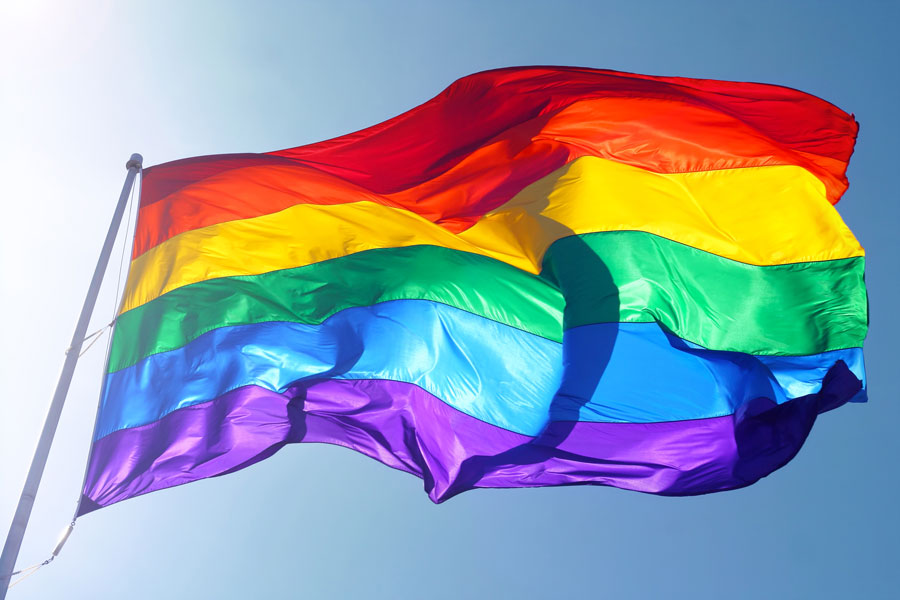Comptroller Stringer Releases New Survey of LGBTQ New Yorkers

21 percent of survey respondents and 42 percent of transgender survey respondents indicated facing employment barriers because of their sexual orientation
90 percent of survey respondents who had experienced homelessness report feeling unsafe in homeless shelters
New York, NY – Today Comptroller Scott M. Stringer released a new survey his office conducted of hundreds of LGBTQ residents. New York City has the largest LGBTQ population in the United States. Yet, the survey – which was created to pinpoint gaps in how government services are provided and identify ways New York City could improve – shows members of the community continue to experience discrimination in the workplace, public harassment, and economic and health care-related challenges.
“We’ve made big strides, but there is undoubtedly more to do. No one should face economic insecurity, harassment, or unequal public treatment because of who they are or who they love. We launched this survey to pinpoint the gaps in services, identify where New York City can improve, and spotlight how we can be a more inclusive city,” said New York City Comptroller Scott M. Stringer. “In 2017, too many states across America are fixated on backwards ‘bathroom bills’ and want nothing more than to turn back the clock on progress. New York City must continue to be a leader when it comes to building communities where everyone feels safe and respected.”
In total, 359 LGBT New Yorkers from across all five boroughs responded to the Comptroller’s survey. Among the findings:
- Overall, 21 percent of survey respondents indicated that they believed they had been denied a promotion at a job, not hired for a job they applied for, or fired or force to resign from a job due to their sexual orientation or gender identity.
- A full 42 percent of respondents who identify as transgender or gender non-conforming indicated they were denied a promotion at work, not hired, or forced to resign.
- Survey respondents who said they had been in a New York City homeless shelter were asked to rate how safe they felt. Of those respondents, a whopping 79 percent indicated that they felt “very unsafe,” while an additional 11 percent said they felt “unsafe.”
- Overall, about 47 percent of survey respondents indicated that they believed they had been denied equal treatment or services or been verbally or physically harassed in public spaces as a result of being LGBTQ. Respondents identified public transportation as the location where they had most frequently been denied equal treatment or experienced verbal or physical harassment. Higher numbers of transgender or gender non-conforming reported they have been denied services or been verbally or physically harassed in public spaces.
- Although 18 percent of respondents stated that they had utilized food assistance programs in the last five years, respondents identifying as Hispanic or transgender or gender non-conforming stated that they had used or continue to use food assistance programs at higher rates than respondents overall.
- Overall, about 21 percent of survey respondents indicated that they receive health insurance through a government program, with 11 percent indicated receipt of Medicare benefits and 10 percent indicating Medicaid. Notably, 26 percent of Hispanic respondents indicated they rely on Medicaid for health insurance. This survey and others of the LGBTQ community suggest that LGBTQ New Yorkers are less likely to utilize public health insurance programs than the population as a whole.
To see the full survey results and report, click here.
###